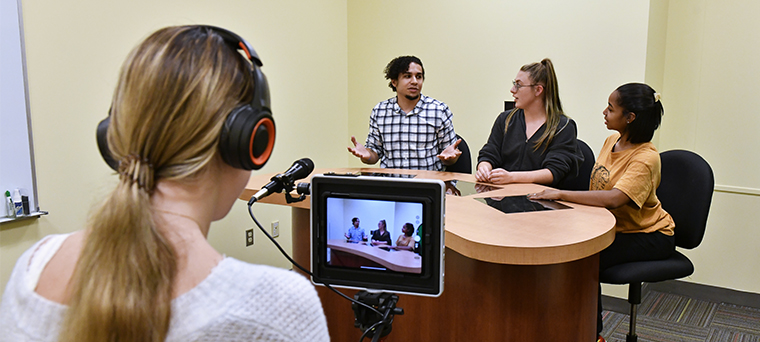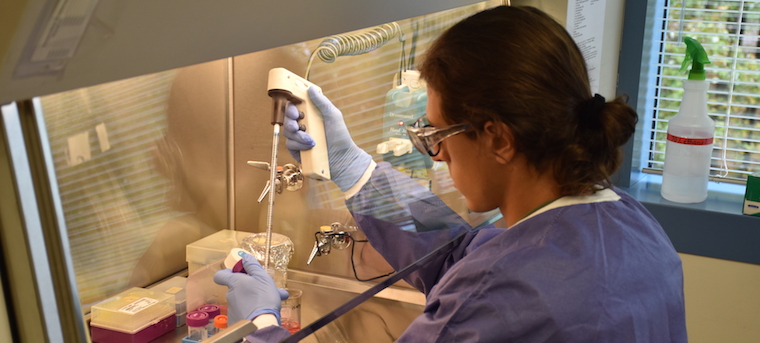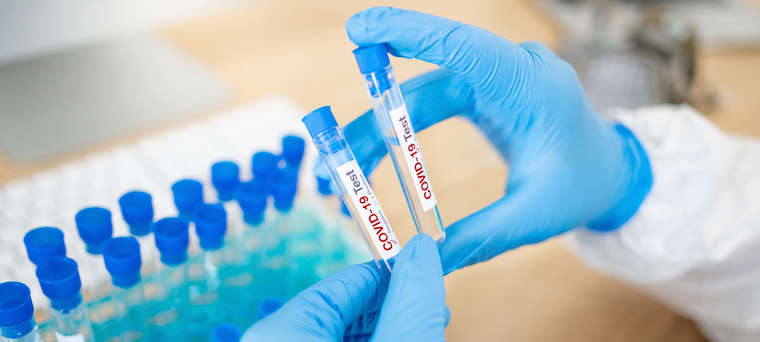Griffin Guides
Get answers to your questions about everything from what kind of teacher you should be to what kinds of salaries you can expect as a Criminal Justice graduate and everything in between!

What is Public Health?
Learn what public health professionals do and how they impact communities, and explore GMercyU’s Public Health programs.

How to Become a Therapist
Make a difference in the lives of others as a therapist. You are needed – careers in mental health are projected to increase at a rate much faster than the national average.

What Jobs Can I Get With a Digital Communications Degree?
See digital communication career options, responsibilities, and salaries.

How to Become a Pharmaceutical Scientist
A pharmaceutical scientist specializes in the experimentation, analysis, and research of drug developments and pharmaceutical resources. Learn more about this career path!

How to Become a Public Health Educator
Thinking of a career in public health education? For skills needed and steps on how to become a public health educator, read this helpful guide from GMercyU.

How to Become an AI Engineer or Researcher
With high pay and terrific job prospects, there is no better time to pursue becoming an AI engineer.

How to Become a Homicide Detective
Want to become a homicide detective but not sure where to start? To learn requirements and next steps, read this helpful guide.

How to Become a Medical Technologist or Laboratory Scientist
Learn all about the professionals who play a critical role “behind the scenes” role in the healthcare industry.

What Can I Do With a Bachelor’s Degree in Public Health?
Thinking of majoring in public health? Find out career opportunities and potential salaries for those with a public health bachelor degree.
Connect with @GMercyU
Facebook LinkedIn Instagram YouTube